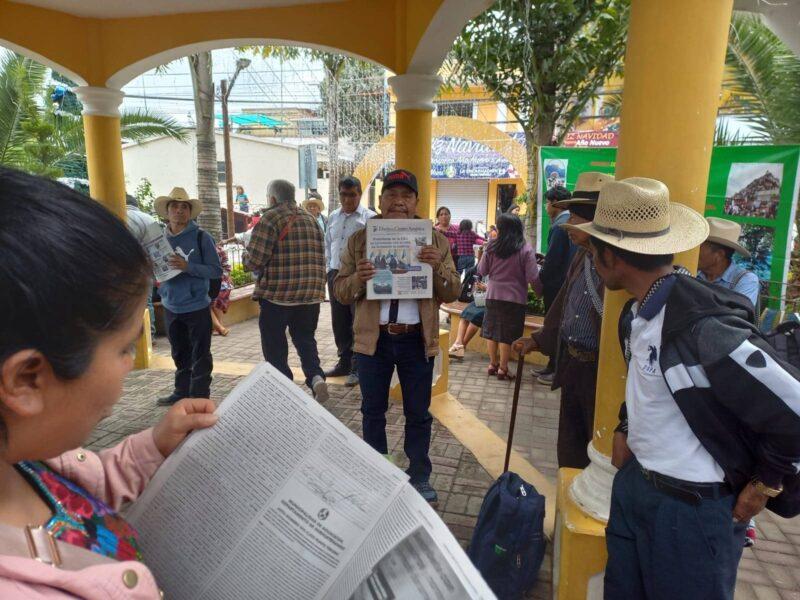In El Salvador, a significant environmental victory was achieved in 2017 when the government, influenced by local activists, banned gold and metal mining across the country. However, Pacific Rim, a multinational mining corporation, initiated an Investor-State Dispute Settlement (ISDS) case against El Salvador, a mechanism allowing corporations to sue governments for legislation impacting profits. Despite ISDS cases generally favoring corporations, El Salvador won in this instance.
The victory was attributed to the strength of Salvadorean civil society, particularly water defenders who campaigned against mining due to environmental and health concerns. Nevertheless, President Nayib Bukele, aligned with big business interests, has arrested five water defenders on dubious charges, reigniting the battle. Bukele, facing economic challenges after the crypto bubble burst, is considering overturning the mining ban, necessitating the neutralization of the water defenders' opposition.
Bukele gained popularity for addressing gang violence in the aftermath of El Salvador's civil war. However, critics argue that previous crackdowns failed to address underlying issues of poverty and structural violence. Bukele's heavy-handed approach, labeling himself "the coolest dictator in the world," has led to the criminalization of human rights activists and political opponents, including the water defenders.
Accused of being members of the FMLN and involvement in a murder during the civil war, the water defenders face unsubstantiated charges, prompting global condemnation. Experts and activists worldwide have called for dropping the case, citing political motivation, human rights violations, and threats to democracy. Local evidence suggests that farmers in mining areas are being approached for land leases, further emphasizing the conflict between local communities and multinational corporations exploiting natural resources. The situation underscores the challenges faced by campaigners globally in protecting communities from corporate exploitation amid a shifting global focus away from fossil fuels.

